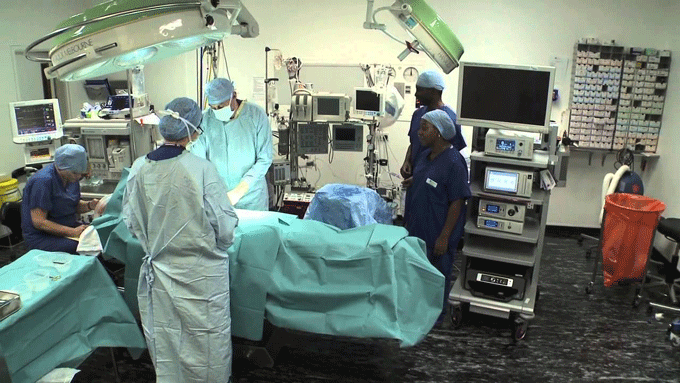
BY PRIDE MZARABANI
UNITED Kingdom’s National Health Services (NHS) has revealed that Zimbabwe is one of its biggest exporters of labour in the health sector, ranking it as the second country after Nigeria in terms of the numbers of health professionals working in the UK.
In 2021, 4 780 medical professionals reportedly left for the United Kingdom at a time when the country is struggling to offer effective health services.
“In the year 2020 Zimbabweans recorded by the National Health Service (UK) were 4 049, with Nigeria being the top African importer of medical professionals to the UK,” read a statement by the NHS last Thursday.
They also said one in seven nurses, and over one in five doctors in the UK were from a non-European Union and non-UK country.
Other countries whose health workforce has sought greener pastures in the UK include India and the Philippines, but the biggest number of health employees is from Africa.
Over the past years, Zimbabwean nurses and doctors have been engaged in strikes over poor remuneration and bad working conditions where they work without medicines and other medical equipment.
Dental Private Practitioners Association of Zimbabwe president Johannes Marisa said the massive brain drain to Europe began in 2019.
- Chamisa under fire over US$120K donation
- Mavhunga puts DeMbare into Chibuku quarterfinals
- Pension funds bet on Cabora Bassa oilfields
- Councils defy govt fire tender directive
Keep Reading
“That’s true there is massive brain drain to countries such as the UK. Since 2019, there has been a more than 200% increase in the number of health workers leaving Zimbabwe for greener pastures, with 2021 recording around 2100 workers that left the country,” Marisa said.
He said several health professionals in the country were not motivated to work as they were not well remunerated.
“This has been fuelled by both intrinsic and extrinsic factors that include poor remuneration, lack of incentives, lack of motivation, or the general poor working conditions. We expect the government to seriously consider health workers who have been grumbling for a long time now with no remedy in sight,” he said.
“Non-monetary incentives like duty- free vehicles, stands, and accommodation are some of the items that can be urgently put in place in a bid to retain staff. High staff turnover is detrimental to good health delivery.”










